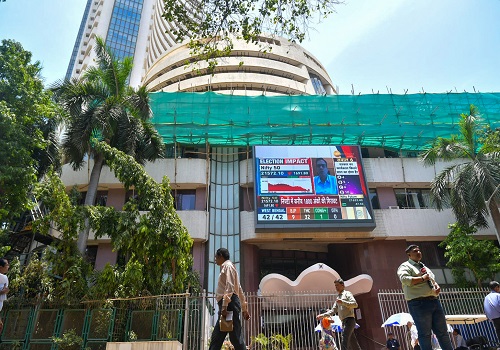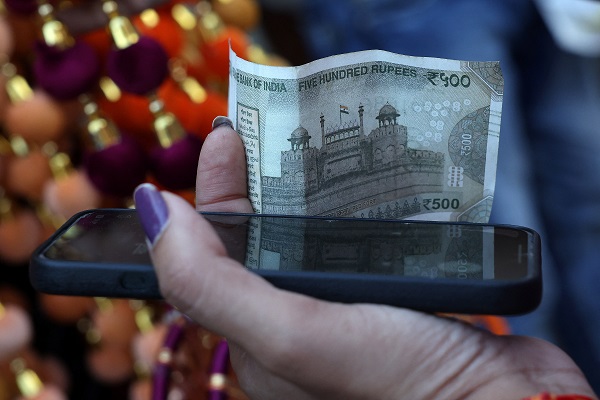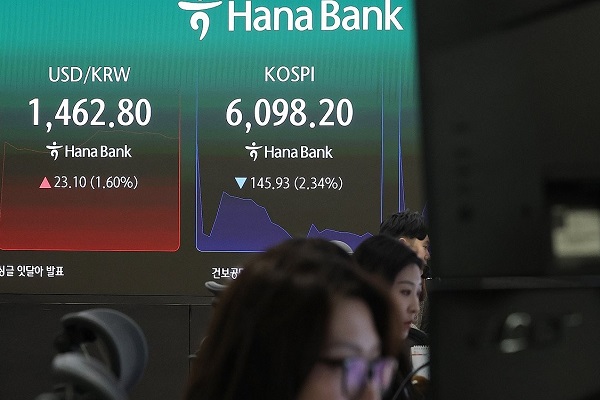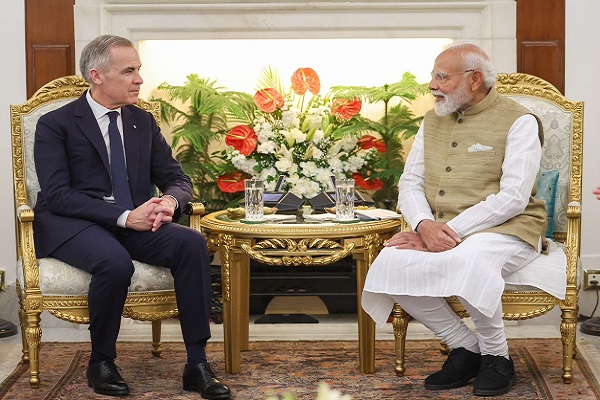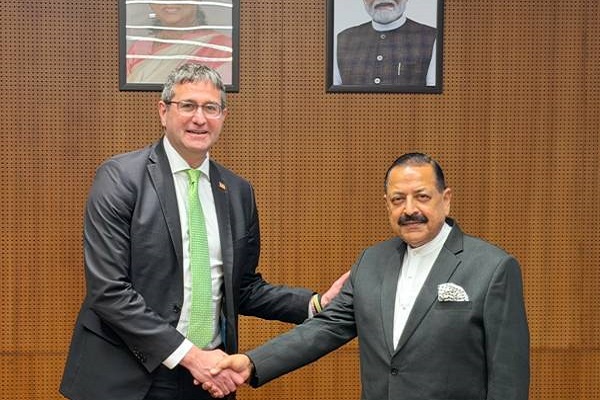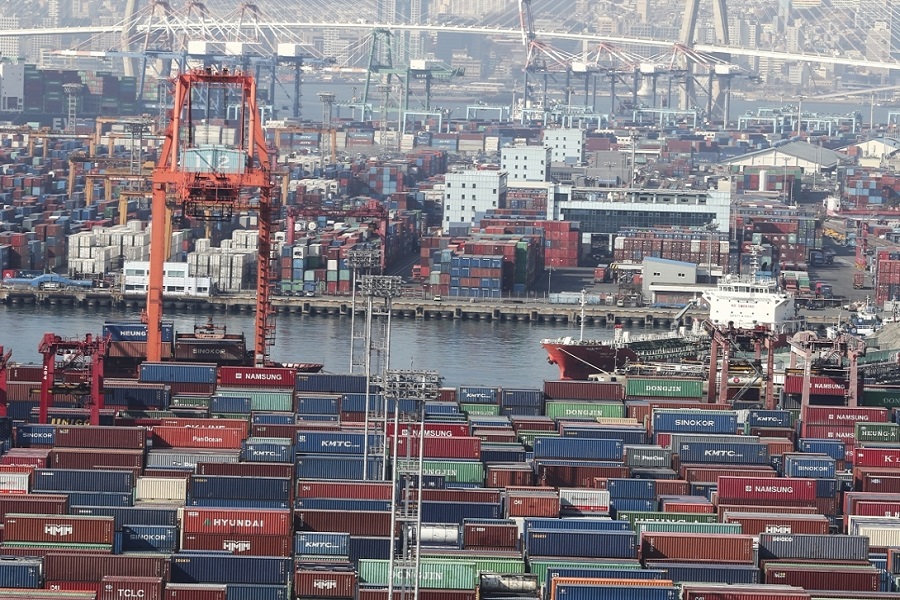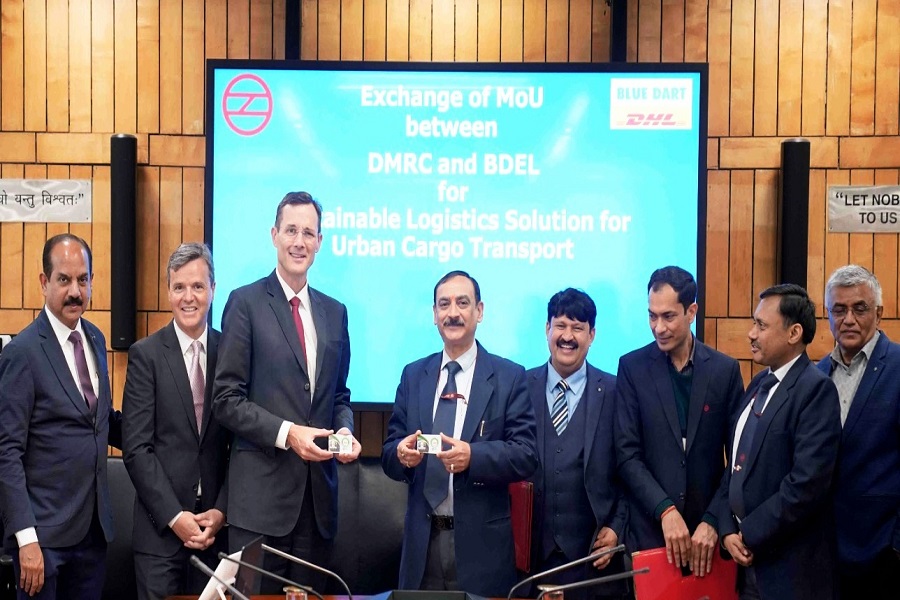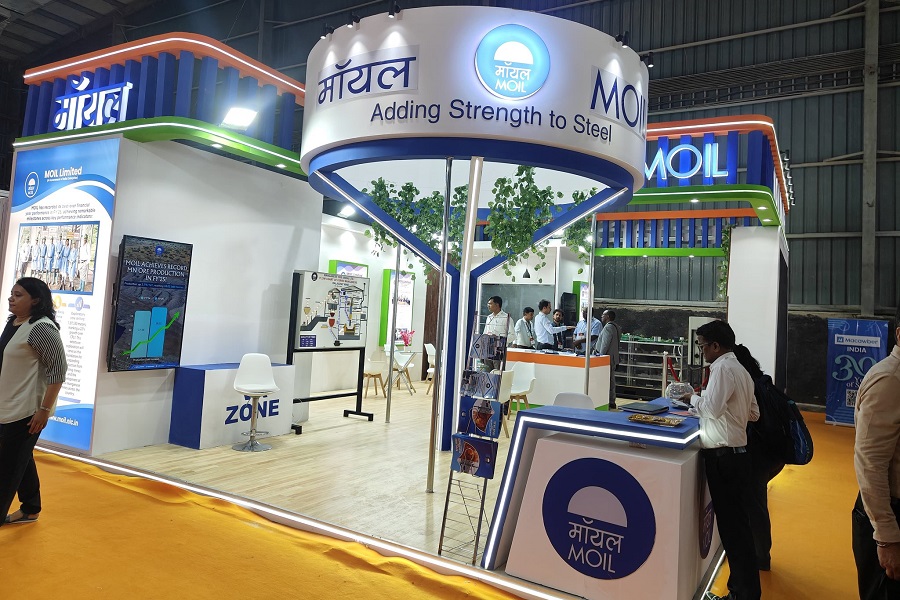Will accept Seoul`s security requirements for map data transfer: Google

Google said on Tuesday it will accept the South Korean government's security requirements to remove coordinates for the Korean region from its map in order to secure approval to export high-precision map data overseas.
"We are announcing two more measures to address any remaining national security concerns from the government," Cris Turner, vice president for government affairs and public policy at Google, said in a press conference in Seoul, reports Yonhap news agency.
"First, to provide world-class navigation service in Korea, we are strengthening our long-term partnership with local technology," he said.
"Second, we will remove latitude and longitude coordinates for places in Korea," he added, noting that the Seoul government has asked Google to remove such information.
Turner explained that, if necessary, Google is considering purchasing government-approved satellite images from local partners, including Tmap Mobility Corp., a mobility platform operator under SK Square.
The move builds on Google's previous decision to blur sensitive sites on its map and satellite images to help ease Seoul's security concerns, he said.
His remarks came after the government last month postponed its decision on whether to approve Google's request to export South Korea's 1:5,000-scale high-precision map data.
South Korea prohibits overseas transfers of high-precision maps with a scale finer than 1:25,000 for military and security reasons.
In February, the U.S. tech giant submitted an application to the state-run National Geographic Information Institute (NGII), seeking approval for the transfer of the map data to its data centres abroad.
This is Google's third attempt, following earlier bids in 2007 and 2016.
The request sparked a heated debate due to concerns that the export of detailed map data could expose military bases and other sensitive facilities. South Korea remains technically at war with North Korea, as the Korean War ended in a truce, not a peace treaty.
In 2016, the South Korean government demanded that Google blur sensitive sites on its map, use blurred images produced domestically or establish a local data centre -- conditions that Google declined to accept.
Google emphasised that the 1:5,000-scale map data is a public "national base map," approved by the NGII and already used by most domestic mapping services in Korea.
"To provide detailed navigation services, we need the 1:5,000 data," said Yoo Young-seok, director of global communications at Google Korea. "Globally, there are no countries that require government approval to process a 1:5,000 base map."
He added that private companies provide 1:5,000-scale maps in other countries, where Google does not need approval from authorities to export them.
However, Korean platform operators such as Naver Corp. and Kakao Corp. use the NGII national base map for their navigation services through their data centers in the country.
Some observers have suggested that Google's reluctance to build a data center in Korea may be linked to concerns over corporate taxes.
Regarding the government's 2016 proposal that Google establish a local data centre to avoid such export issues, Yoo said the idea is not a viable solution.









